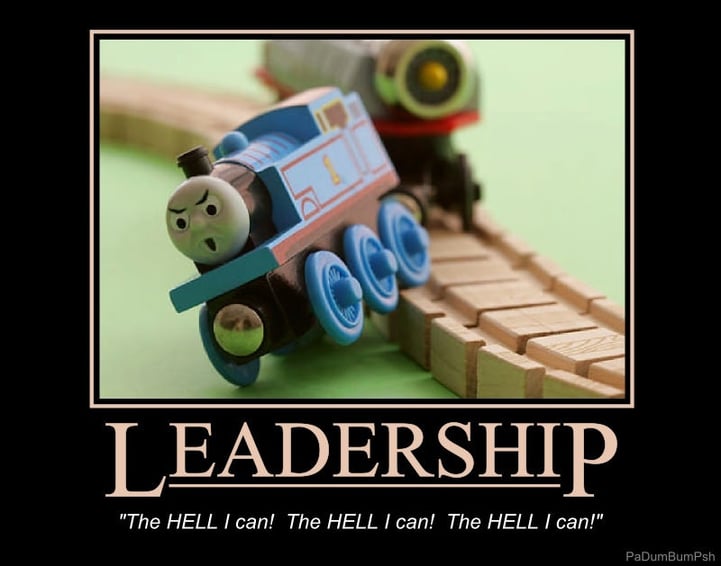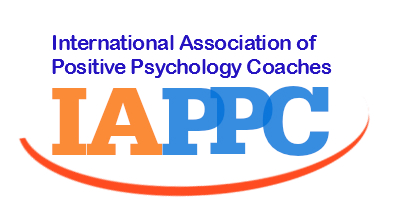
Every positive psychology coach understands the importance of positivity, but the great ones know how negativity can boost coaching outcomes, amazingly.
If you've been reading this blog (subscribe upper right), you know about positivity theory and the positivity ratio (Fredrickson, 2006). The research is clear: Positivity changes lives and delivers wellbeing. But that's not all. People who experience at least three times as much positivity as negativity aren't just happier, they're more successful, more generous, healthier, and have more harmonious relationships. Who doesn't want more of all that?
So how can negativity help?
Here's a story: I once knew a coach, let's call her Wanda, who was new to positive psychology coaching. One of Wanda's first clients was a mid-level manager at a toy company, who wanted to move up the company ladder. Wanda coached him with loads of positivity and he accomplished one step after another toward his goal, until they were both certain he was on the brink of success. Then he got fired. Yep, fired.
How'd that happen? Wanda's client had some inter-personal issues he wasn't aware of. Wanda noticed them during coaching sessions, but didn't want to focus on the negative, so she never brought them up. Too bad. Those issues got on his boss's nerves, disrupted the whole department, and even made his team less productive. One person can cause a workplace to spiral so deeply into negativity, that the whole company suffers. That's toxic.
Positive thinking can't magically fix a toxic situation unless the toxicity is fully addressed. That means you need to deal with the negativity.
Remember that positivity ratio of three to one?
Another way of saying it is 75% positivity to 25% negativity is the gateway to flourishing. You can go higher, say, 90% positivity, but much beyond that and you and your clients will tip into a multitude of unnecessary problems.
What sorts of problems?
- Obliviousness. Negativity wakes us up when something is wrong (Boyatzis, 2011), but incessent positivity lets us waltz straight into our worst nightmares, just like Wanda's client did.
- Missed details. Positivity broadens our awareness, but negativity narrows our focus on what needs to be done (Boyatzis, 2011). Details matter.
- Complacency. People who are constantly positive sometimes coast when they need to work. For example: Children who are told they need to work, make better grades than children who are told they are smart, because the "smart" kids often don't try as hard (Dweck, 2006).
How can negativity help?
- Resilience. Negativity toughens us up and helps us develop grit. People who persevere through difficulties, are more likely to succeed (Duckworth, 2016).
- Needs satisfaction. Negativity is designed to drive us toward getting our needs met, so we can survive. While positivity is more useful at helping us reach for growth and ideals (Boyatizis, 2011). Interpersonal problems often arise from unmet needs (Maslow, 1962).
- Survival comes before growth. We need to reach a critical mass when satisfying our needs before we can effectively focus on growth (Maslow, 1962).
How could Wanda have succeeded better with her client?
- Be a coach who is naturally positive, but never steps over concerns.
- Help the client get their needs met, sustainably.
- Ask the client challenging questions, the ones they're afraid to ask themselves (and the ones nobody else will mention).
- Help the client bring positivity into their relationships. Train them to ask more, listen more, and look for what's working before focusing on what's not, unless it's an emergency.
- Be honest. Holding back your observations is never fair to your clients.
- Help the client grow beyond their immediate goals. Once needs are met, growth becomes available and that's what propels clients into amazing success.
These are just a few ways Wanda could have upgraded the value of her positive psychology coaching, immensely.
Imagine what her hard-working client could have accomplished if he had adjusted his relationship skills in time to win the promotion he passionately desired.
This focus on the importance of negativity is sometimes called the second wave in positive psychology, but it isn't new. Emotional intelligence has always studied the entire gamut of emotions to help people be more successful in their relationships and work. That's especially important for leaders, because they influence all the people they lead. But let's be clear: Everybody is a leader sometime and humans, who are the most social of animals, all need emotional intelligence to navigate harmonious relationships.
That's why School of Coaching Mastery is launching its exciting Master Certified Positive Psychology Coach program with an advanced course on Emotional Intelligence and Leadership Coaching.
This is what's next for professional coaching, in general, and positive psychology coaching, specifically.
Learn more about becoming a positive psychology coach. Get the free eBook:









 You've probably heard that group coaching is a must-have for your coaching business, but you may never have thought about
You've probably heard that group coaching is a must-have for your coaching business, but you may never have thought about 

